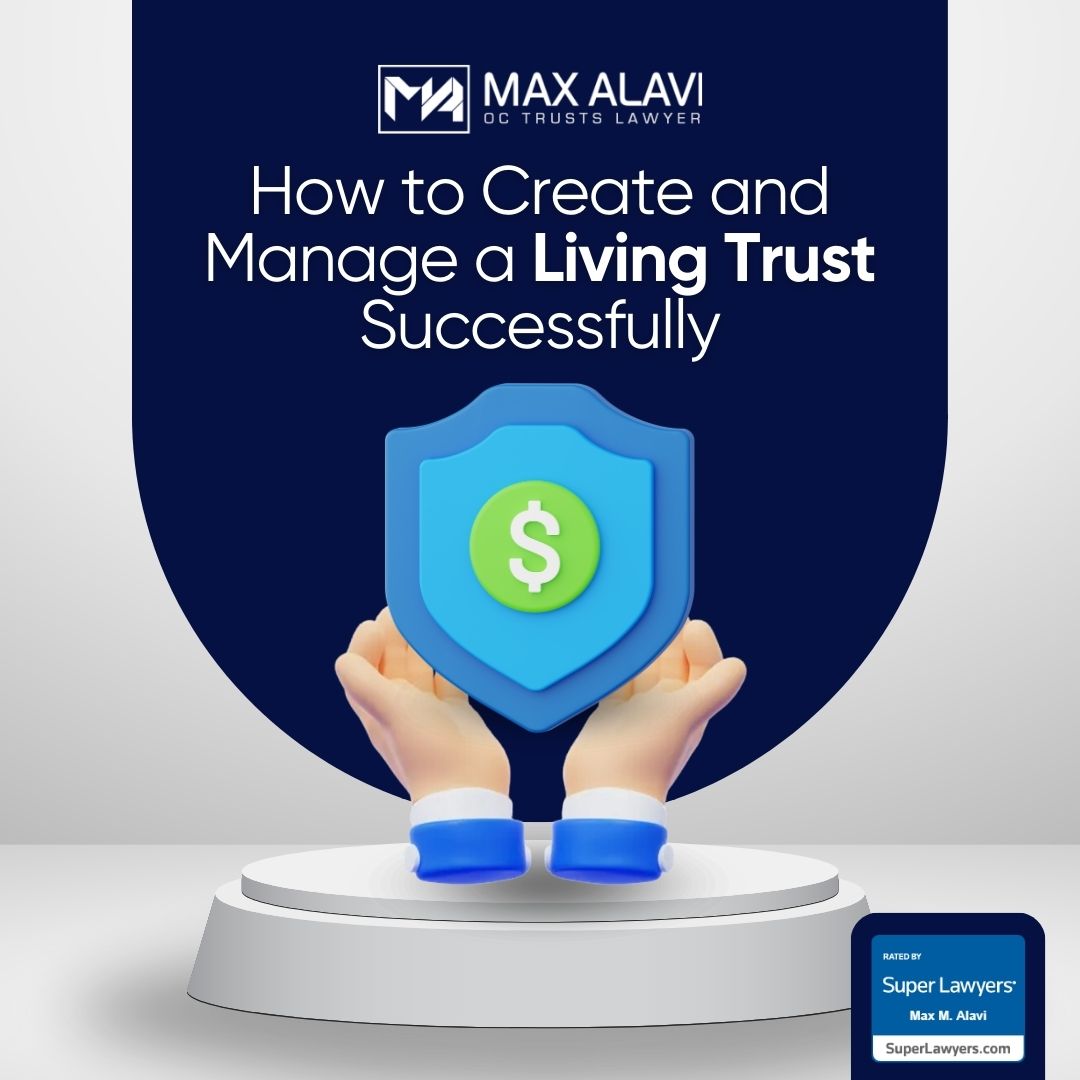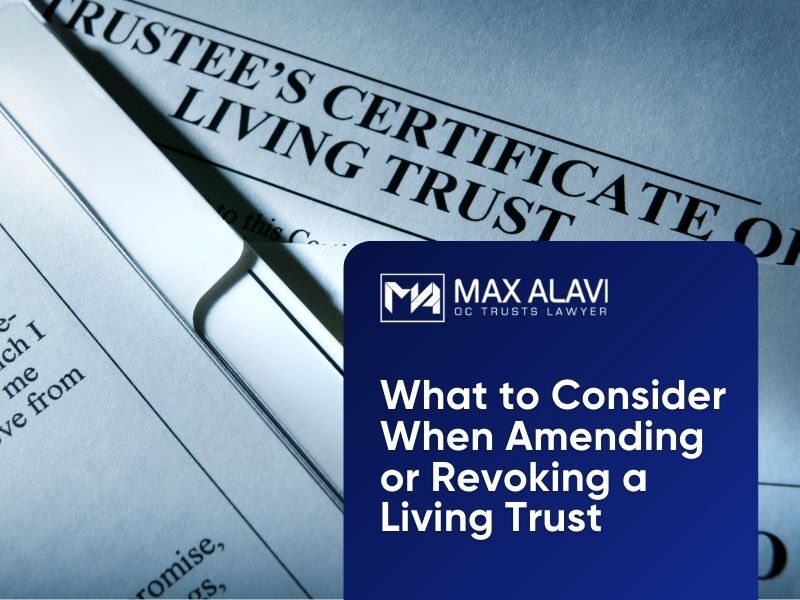Before contesting a trust, it’s important to ensure you have the right legal grounds, along with clear evidence that trust law has been breached in some way. It also helps to understand what the process of contesting a trust actually looks like, and to explore options for an alternative resolution. Get insight into all of these factors via OCTrustsLawyer.com.
Understanding the Odds: Your Chances of Successfully Contesting a Trust
One of the primary reasons to create a trust, including it in your estate plan alongside a will and other key documents, is to minimize your exposure to the court system. When carefully drafted and rightly administered, a trust can potentially help the trust maker (called the grantor) and all named heirs and beneficiaries to avoid the lengthy, tedious process of probate court.
With that said, even a trust that is created and managed skillfully may be challenged. A contested trust often requires trust litigation to arrive at a binding resolution.
Trust contests can be emotionally charged and legally complex situations. When beneficiaries or interested parties believe that a trust is invalid or improperly administered, they may decide to contest it in court. If you think that a trust in which you are named, or a trust created by a family member or loved one, is invalid for any reason, you may pursue legal action to have the trust contested.
However, before embarking on this journey, it’s crucial to have a realistic understanding of the chances of success. This blog post will delve into the key factors influencing the likelihood of successfully contesting a trust.
What are the Grounds for Contesting a Trust?
First and foremost, before contesting a trust, it’s important to have a clear, solid reason for doing so. There are several grounds on which you might contest a trust, including:
- Questions about the mental capacity of the grantor at the time the trust was made or amended.
- Suspicions of one of the heirs or beneficiaries exerting undue influence or manipulating the grantor.
- Allegations that the trust has been mismanaged by the trustee could denote negligence or even fraud.
- Ambiguity or lack of clarity in the actual language of the trust.
Contesting a Trust: Strength of Evidence
To see a trust contested successfully, you’ll need more than just allegations or inferences. You’ll need clear, compelling, concrete evidence that the trust has been mishandled somehow. Examples of evidence you might use for contesting a trust include crucial documents, witness testimonies, and expert opinions. For example, if you’re contesting a trust on the basis of mental incapacity, it would help you have written reports or given statements from the grantor’s physician.
The type of evidence you can collect will significantly impact your odds of contesting the trust.
What are the Legal Requirements for Contesting a Trust?
Generally speaking, if you’re going to contest a trust, you must demonstrate that the trust law has been broken in a fairly straightforward and decisive way. In other words, it is not enough to say that a grantor or trustee has made decisions you disagree with. You must provide evidence that the trustee has broken their fiduciary responsibility, committed fraud, or breached trust laws in some other way. Additionally, you may provide evidence that the grantor or trustee has broken the stated terms or purpose of the trust itself, which will require scrutiny of the trust documentation.
Is There a Trust Contest Statute of Limitations?
Something else to remember is that, to contest a trust, you must abide by the statute of limitations. If you miss a deadline to file your challenge, you may forfeit your standing to contest the trust at all.
So, what is the statute of limitations? It varies from state to state and, in some places, may be as much as two years. In California, you have 120 days to contest the trust, starting from the day the probate court mails out notice of the trust’s administration.
What About Beneficiary Status?
Your legal standing as a beneficiary or an interested party can also impact your ability to contest the trust.
Simply put, you must have some legal standing to challenge a trust, which usually means being named in the trust in some form or fashion. However, the California Supreme Court recently ruled (in the Barefoot v. Jennings case) that you can also contest a trust if you can offer clear evidence that you were disinherited or written out of an estate due to undue influence, lack of mental capacity, or some other clear violation of trust protocols.
What’s the Court Procedure for a Trust Contest?
If you do decide to move forward with a trust contest, there are a few steps you’ll need to follow. These steps include:
- Filing an initial complaint, denoting your reasons for contesting the trust.
- A discovery phase, wherein you offer your evidence and documentation.
- Either a full trial (involving a trust litigation attorney) or a negotiated settlement.
An experienced trust litigation lawyer can help you navigate each step in the process, ensuring you meet the proper filing deadlines and understand your available options to litigate or settle.
To Have a Trust Contested, Seek Legal Counsel
Contesting a trust is a significant legal undertaking and should not be entered into lightly. Before you contest a trust, it is imperative to seek guidance from a skilled attorney who can assess your case, provide you with clarity about your odds of success, and walk you through alternative resolution options.
As you seek the expertise of a firm that has a proven track record of success in trust litigation, keep our firm in mind; contact us at OCTrustsLawyer.com to learn more.






